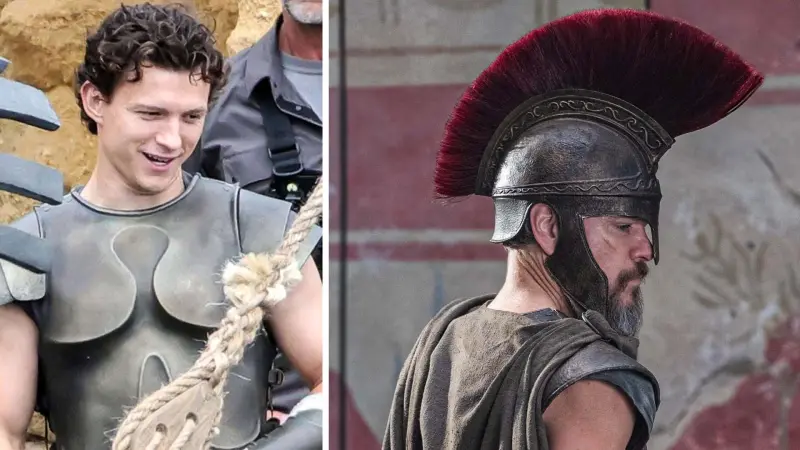The Greek Mythology Family Tree is an intricate and fascinating web of deities, heroes, and mythological creatures, deeply rooted in ancient Hellenic culture and storytelling. This family tree starts with the primordial gods and titans, setting the stage for the pantheon of Olympian gods, demi-gods, and notable mortals.
At the foundation of this mythical genealogy are the primordial deities, representing fundamental aspects of the world: Chaos, Gaia (Earth), Tartarus (the Abyss), and Eros (love). From them sprang the Titans, including Cronus and Rhea, who in turn gave rise to the Olympian gods, such as Zeus, Hera, Poseidon, and Hades.
Zeus, the king of the gods, is a central figure in Greek mythology. His numerous affairs with various goddesses and mortals resulted in a sprawling network of offspring, including gods like Athena, Apollo, Artemis, and Hermes, as well as heroes like Hercules and Perseus.
The family tree also encompasses legendary figures like the mortal Helen of Troy, whose beauty sparked the Trojan War, and Achilles, a hero of this war. It extends to the tragic tales of Oedipus, the king of Thebes doomed by fate, and Orpheus, the musician who ventured into the underworld.
This labyrinthine family tree is not just a catalog of names and relations; it embodies the Greeks' understanding of the world, human nature, and the divine. The stories that emerge from this tree are rich in symbolism, moral lessons, and philosophical insights, reflecting the ancient Greeks' quest to understand their existence and the universe.






